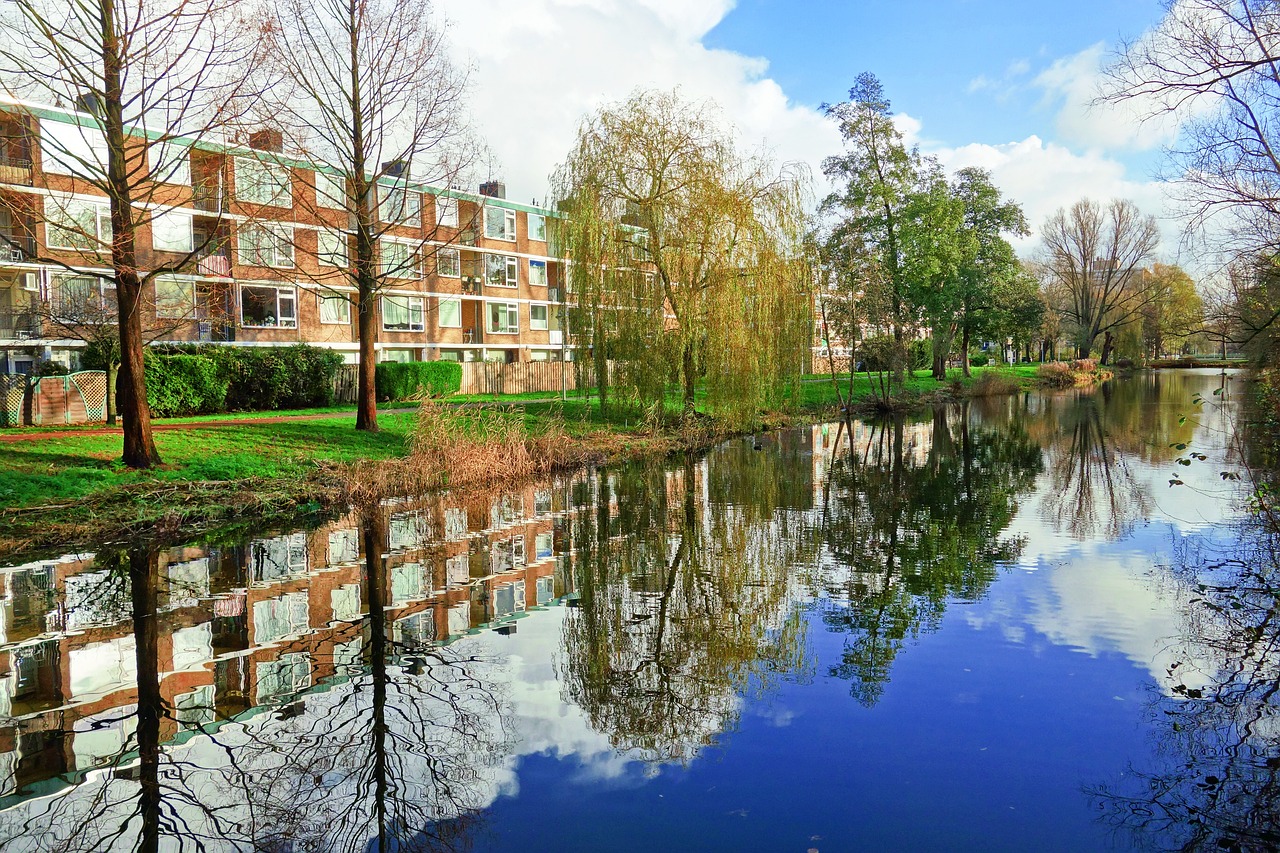The Role and Responsibilities of a Leasehold Management Service Provider
The world of property management in the UK is intricate, and within it, leasehold property management hold a crucial role, ensuring that leasehold properties are managed efficiently, and the interests of both the leaseholders and freeholders are balanced. Leasehold property services encompasses a range of responsibilities, and understanding them can provide valuable insights for anyone involved in the property sector. This blog aims to unravel the complexities of a leasehold management service’s role and responsibilities in the United Kingdom.
Introduction to Leasehold Property Services
Leasehold property services involve the management of residential and commercial properties where the ownership of the property is divided between the freeholder and the leaseholder. The leaseholder owns the property for a fixed period, while the freeholder owns the land and the building. This act as the intermediary, ensuring that the terms of the lease are adhered to, and the property is managed effectively.
The Responsibilities of a Leasehold Management Service Provider in the UK
Financial Management:
One of the primary responsibilities of a leasehold service provider is to manage the financial aspects of the property. The aim is to maintain transparency and efficiency, ensuring that all financial obligations are met and recorded accurately. This includes:
- Service Charges: Calculating and collecting service charges from leaseholders. These charges cover the cost of maintaining and repairing communal areas, as well as building insurance.
- Ground Rent: Collecting ground rent on behalf of the freeholder.
- Budgeting: Creating and managing budgets for property maintenance and repair.
- Financial Reporting: Providing regular financial reports to freeholders and leaseholders.
Property Maintenance and Repairs:
In the UK, leasehold management also involves ensuring that the property is well-maintained and any necessary repairs are carried out promptly. This proactive approach aims to preserve the property’s value and provide a safe and pleasant living environment for all residents. This includes:
- Regular Inspections: Conducting regular inspections of the property to identify any maintenance or repair needs.
- Contractor Management: Hiring and managing contractors to carry out maintenance and repair work.
- Quality Assurance: Ensuring that all work carried out meets the required standards.
Legal Compliance:
Leasehold property managers in the UK must ensure that the property complies with all relevant laws and regulations. This includes:
- Health and Safety: Ensuring that the property meets all health and safety standards.
- Lease Compliance: Ensuring that both freeholders and leaseholders comply with the terms of the lease.
- Dispute Resolution: Managing disputes between freeholders and leaseholders.
Communication:
Effective communication is crucial in leasehold management. Leasehold property managers act as the point of contact between freeholders and leaseholders, ensuring that all parties are kept informed and any issues are dealt with promptly. Whether it’s responding to enquiries, keeping all parties informed about important issues, or attending meetings, effective communication is key. This includes:
- Responding to Enquiries: Dealing with enquiries from freeholders and leaseholders.
- Providing Information: Keeping all parties informed about maintenance work, financial matters, and other important issues.
- Meeting Attendance: Attending meetings with freeholders, leaseholders, and residents’ associations.
Insurance Management:
Leasehold service provider are also responsible for managing the insurance of the property. This includes:
- Building Insurance: Ensuring that the property is adequately insured.
- Claims Management: Handling any insurance claims related to the property.
Record Keeping:
Maintaining accurate and up-to-date records is another key responsibility. This includes:
- Leaseholder Records: Keeping records of all leaseholders.
- Maintenance Records: Maintaining records of all maintenance and repair work carried out.
- Financial Records: Keeping records of all financial transactions related to the property.
Enhancing Property Value:
Leasehold service providers also play a role in enhancing the value of the property. This can be achieved by:
- Improving Facilities: Upgrading communal facilities and areas.
- Maintaining Aesthetics: Ensuring that the property is visually appealing.
- Sustainability Initiatives: Implementing sustainability initiatives to increase the property’s appeal and value.
Conclusion:
The role of a leasehold management service provider is multifaceted, encompassing financial management, property maintenance, legal compliance, and much more. By effectively managing these responsibilities, leasehold property managers ensure that the property is well-maintained, the interests of both freeholders and leaseholders are protected, and the value of the property is enhanced. Whether you are a freeholder, leaseholder, or property professional, understanding the role and responsibilities of a leasehold services provider in the UK is key to navigating the complex world of property management and ensuring that your property is in safe hands.

